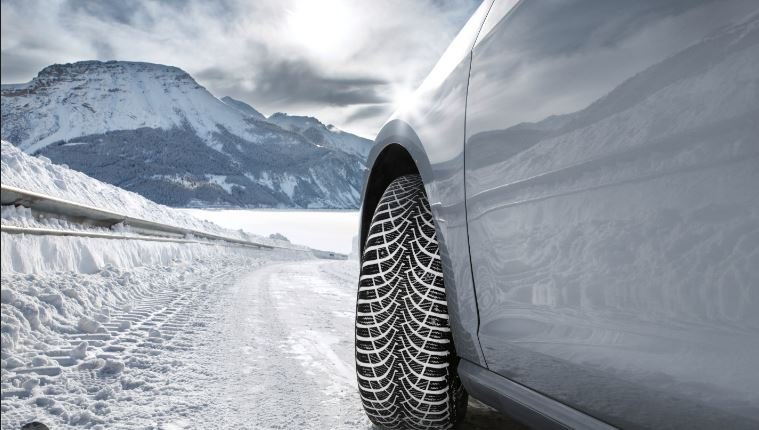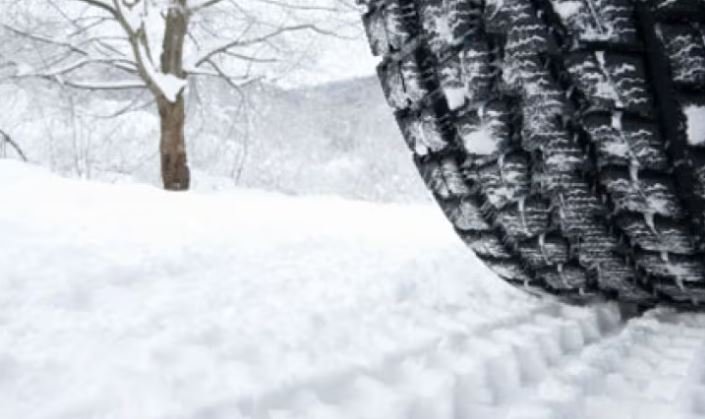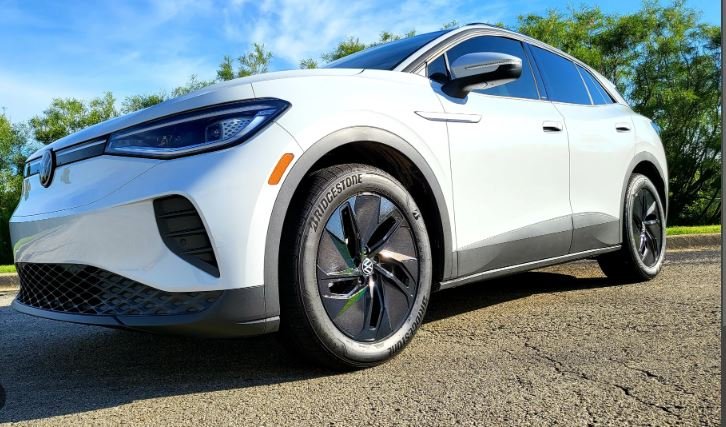Winter wheels play a crucial role in ensuring your safety and vehicle performance during cold weather conditions. Understanding what to know about winter wheels can help you make an informed decision that enhances your driving experience in icy and snowy environments. In this guide, I will explain the key factors you need to consider when selecting winter wheels.

Understand the Importance of Winter Wheels
Winter wheels are specifically designed to handle the harsh conditions of winter driving. Their unique tread patterns and rubber compounds provide better grip on snow and ice. Consequently, winter wheels improve traction, reduce stopping distances, and enhance overall vehicle control. Therefore, investing in winter wheels is essential for safe winter driving.
Choose the Right Type of Winter Tires
There are different types of winter tires to consider. Studded tires offer excellent traction on icy roads but may not be allowed in all regions. Studless tires, on the other hand, provide good grip on both ice and snow without the use of metal studs. Hence, understanding your local regulations and driving conditions helps in choosing the right type of winter tire.
Consider the Tire Size
Selecting the correct tire size is crucial for optimal performance. Winter tires should match your vehicle’s recommended size, which you can find in the owner’s manual or on the tire placard. Using the correct size ensures proper fitment and maintains the handling characteristics of your vehicle. Therefore, always check and adhere to the recommended tire size.
Evaluate the Tread Pattern
The tread pattern of winter tires is designed to channel snow and slush away from the tire. Look for tires with deep grooves and aggressive patterns, as these features enhance grip on slippery surfaces. Additionally, sipes, which are small slits in the tread blocks, increase traction by providing more biting edges. Consequently, evaluating the tread pattern is essential for winter performance.
Assess the Rubber Compound
Winter tires use a special rubber compound that remains flexible in low temperatures. This flexibility ensures that the tires can grip the road surface effectively, even in extreme cold. Regular tires can harden in low temperatures, reducing traction. Therefore, choosing winter tires with the appropriate rubber compound is critical for safety and performance.
Consider Wheel Material
When selecting winter wheels, consider the material. Steel wheels are a popular choice for winter driving due to their durability and resistance to damage from road salt and debris. Alloy wheels, while lighter and more aesthetically pleasing, may be more susceptible to corrosion. Thus, understanding the benefits and drawbacks of each material helps in making an informed decision.
Check Compatibility with Tire Pressure Monitoring Systems (TPMS)
Modern vehicles often come equipped with Tire Pressure Monitoring Systems (TPMS). When switching to winter wheels, ensure that the new wheels are compatible with your TPMS. This compatibility is essential for maintaining the system’s functionality and ensuring your safety. Therefore, always verify TPMS compatibility when choosing winter wheels.
Consider Storage Solutions
Proper storage of your winter tires and tires is crucial for extending their lifespan. When not in use, store them in a cool, dry place away from direct sunlight. Additionally, consider using tire covers to protect them from dust and dirt. Proper storage prevents premature aging and damage, ensuring your winter tires are ready for the next season.
Evaluate Cost and Budget
Winter wheels and tires represent a significant investment. While it might be tempting to opt for cheaper options, investing in quality tires ensures better performance and safety. Consider your budget and look for the best quality within your price range. Consequently, a well-planned budget helps you get the most value out of your purchase.
Conclusion
Finally, seek professional advice when selecting winter wheels. Experts can provide valuable insights into the best options for your specific vehicle and driving conditions. They can also assist with proper installation and balancing, ensuring optimal performance. Relying on professional guidance enhances your decision-making process and ensures you make the best choice for winter driving.




